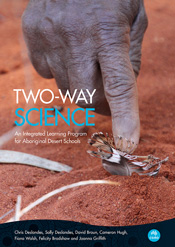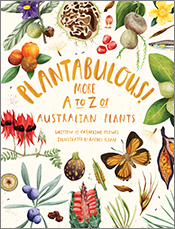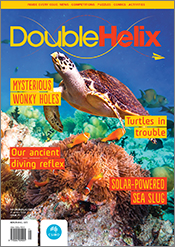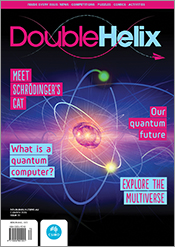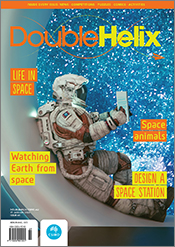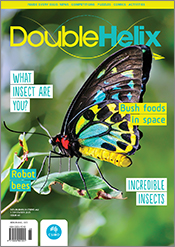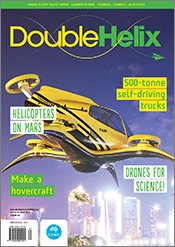Two-way Science
An Integrated Learning Program for Aboriginal Desert Schools
By: Chris Deslandes, Sally Deslandes, David Broun, Cameron Hugh, Fiona Walsh, Felicity Bradshaw, Joanna GriffithHelps connect the cultural knowledge of local Indigenous communities with Western science.
Two-way Science: An Integrated Learning Program for Aboriginal Desert Schools supports remote Indigenous schools and communities to develop integrated learning programs connecting the cultural knowledge of the local community with Western science and the Australian curriculum. A Two-way Science approach promotes Indigenous leadership in education, and fosters partnerships between schools, communities, Indigenous ranger programs and scientists. This book contains curriculum-linked education activities for primary and middle school students, and background knowledge for teachers, based on the desert regions of Australia.
Details
Paperback | December 2019 | $ 49.99ISBN: 9781486313082 | 288 pages | 297 x 210 mm
Publisher: CSIRO Publishing
Colour illustrations, Colour photographs
PDF | December 2019 |
ISBN: 9781486313099 | 288 pages
Publisher: CSIRO Publishing
Colour illustrations, Colour photographs
ePUB | December 2019
ISBN: 9781486313143
Publisher: CSIRO Publishing
Features
- Outlines the pedagogy and practice of Two-way Science for primary school teachers, giving examples of Two-way Science process, activities and integrated planning ideas.
- Contains images of activities, equipment and work samples, and features quotes from senior Traditional Owners about the value of traditional ecological knowledge transfer.
- The book is organised into topics, units and activities that are consistent with a holistic Indigenous world view, and are linked to science curriculum outcomes.
Contents
Places, maps and countryWater
Animals
Plants
Seasons, weather and astronomy
How to make a video story
References
Index
Authors
After 30 years as principal of Aboriginal and country schools, and five years in a regional office, Chris Deslandes is now a private consultant in school leadership with a particular interest in remote Aboriginal schools.
Sally Deslandes is a retired teacher whose teaching experience included working with teachers and support staff as well as teaching students from kindergarten to year 12 in Aboriginal and rural schools. She has a love of the bush and everything that lives there.
David Broun is an educator engaged in the development and delivery of learning programs at the intersection of Indigenous knowledge and Western science with remote schools and communities in Australia. David has worked in a variety of education and community development roles in remote Australia including Coordination of the CSIRO Science Pathways for Indigenous Communities program, primary school teaching and the instructional design of literacy and numeracy programs for Indigenous rangers.
Cameron Hugh is passionate about improving outcomes in Indigenous education. He has an extensive background in biology and Aboriginal education and combines both fields to develop and deliver Two-way science programs.
Fiona Walsh's PhD is in Anthropology and Plant Biology (The University of Western Australia) with a major in Zoology. She has been taught by and learnt from Aboriginal and other desert people for more than thirty years. A priority of many Aboriginal people is to teach their children the complex culture, languages and knowledge of their ancestors to care for their country and generations to come. Fiona works to support these endeavours. See fionawalshecology.com
Felicity Bradshaw (AM) has been involved in biological sciences all her professional life and now works as a STEM Professional in Schools with young students, helping them to understand their natural world.
Passionate about student-centred curriculum and engaging students through nature-based learning, Joanna Griffith is an experienced teacher and curriculum leader within a remote Aboriginal school.

